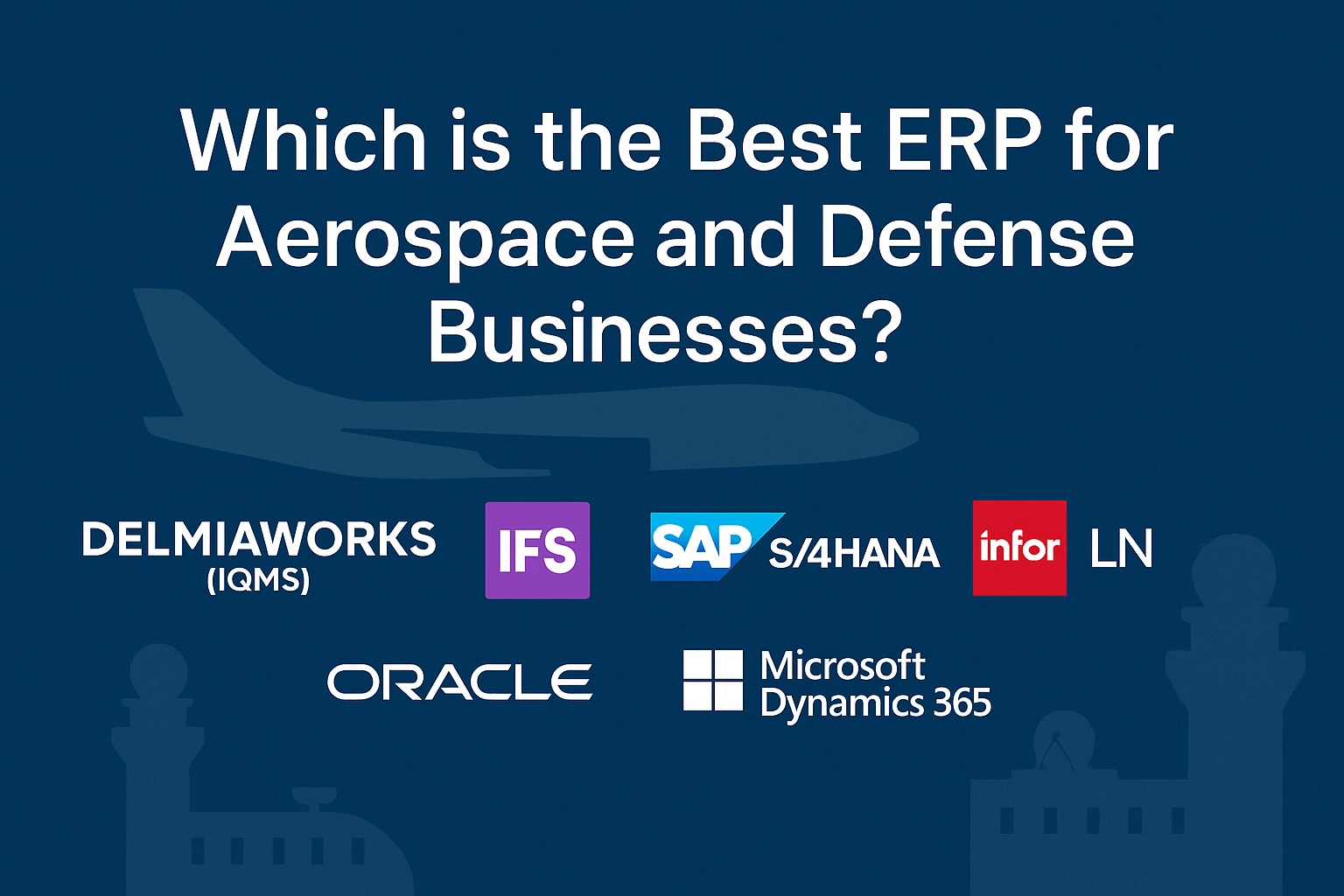Oracle Fusion and Oracle Netsuite – how to choose the right ERP

In the intricate landscape of Enterprise Resource Planning (ERP) solutions, Oracle stands out with two of its flagship products: Oracle Fusion and Oracle Netsuite. Both solutions are robust and feature-rich, designed to streamline business processes and enhance efficiency. However, discerning their distinct capabilities and suitability for different business needs is crucial. In this analysis, we’ll delve into the key aspects that set Oracle Fusion apart from Oracle Netsuite, providing a comprehensive understanding of how each aligns with various business requirements. This exploration is particularly relevant for decision-makers seeking the most suitable ERP solution for their organization.
Focus and Target Market for Oracle Fusion and Oracle Netsuite
Oracle Fusion, a part of the Oracle Cloud suite, is designed for larger enterprises that require extensive customization and scalability. It offers a wide range of modules including financials, procurement, project management, and more. Its ability to handle complex, multinational operations makes it a preferred choice for big corporations with diverse and global needs.
Oracle Netsuite, on the other hand, caters primarily to small to medium-sized businesses. Its integrated suite covers ERP, financials, CRM, e-commerce, and inventory management. The platform is known for its user-friendliness and quick implementation times, making it ideal for businesses seeking rapid deployment and ease of use.
Deployment and Integration
Oracle Fusion is a cloud-based solution, ensuring real-time access to data and applications from anywhere. This facilitates remote work and global collaboration. Its architecture supports extensive customization, allowing businesses to tailor the software to their unique processes and integrate it seamlessly with other Oracle products and third-party applications.
Oracle Netsuite also operates in the cloud, but with a focus on providing a unified business management suite. Its advantage lies in the seamless integration of its various components, reducing the need for multiple disparate systems. This integration simplifies processes and data management, providing a more streamlined user experience.
Functionality and Flexibility
The functionality of Oracle Fusion is extensive. It offers deep analytics, advanced security features, and robust compliance management, making it suitable for industries with complex regulatory requirements. Its flexibility in customization allows businesses to adapt the software to evolving market trends and organizational changes.
In contrast, Oracle Netsuite offers a more streamlined set of functionalities with a focus on core business processes. While it may not match the depth of Oracle Fusion in customization, it compensates with a comprehensive, integrated suite that covers most business needs effectively and efficiently.
User Experience and Learning Curve
Oracle Fusion, with its comprehensive feature set, tends to have a steeper learning curve. The complexity of its modules requires thorough training and expertise, especially for users responsible for customization and advanced feature utilization.
Oracle Netsuite is designed for ease of use. Its intuitive interface and straightforward navigation make it more accessible to users without extensive ERP experience. This ease of use translates to shorter training periods and quicker adoption within organizations.
Cost Considerations
Cost is a significant factor in ERP selection. Oracle Fusion typically involves a higher investment due to its extensive customization capabilities and advanced features. It’s a long-term investment for large enterprises that need a scalable, robust solution.
Oracle Netsuite, being geared towards smaller businesses, offers a more cost-effective solution. Its pricing model is designed to be more accessible for small to medium-sized enterprises, providing a comprehensive suite without the need for extensive customization.
Industry Suitability
Oracle Fusion is particularly well-suited for industries like aerospace & defence, banking & finance, and healthcare, where complex operations and compliance requirements are prevalent. Its scalability and robust feature set align well with the demands of these sectors.
Oracle Netsuite finds its strength in industries such as retail, distribution, and professional services. Its integrated approach and user-friendly interface are beneficial for businesses in these sectors that require efficient, streamlined operations without the complexity of larger ERP systems.
Conclusion
Both Oracle Fusion and Oracle Netsuite are powerful ERP solutions, each with its strengths and ideal use cases. Oracle Fusion excels in managing complex, large-scale operations, offering extensive customization and a broad range of features. It’s a fitting choice for large enterprises with global reach and diverse needs. On the other hand, Oracle Netsuite offers a more streamlined, cost-effective solution for small to medium-sized businesses, focusing on integration and ease of use.
Selecting between these two solutions hinges on understanding your organization’s size, industry, complexity of operations, and long-term business goals. By aligning these factors with the capabilities of Oracle Fusion and Oracle Netsuite, businesses can make an informed decision that best supports their growth and operational efficiency.
To compare these ERP solutions and many more, you can use our new AI-powered Compare ERP tool. It’s free to use and you get a guaranteed discount on your first year’s licence fees with a referral from Compare ERP.









